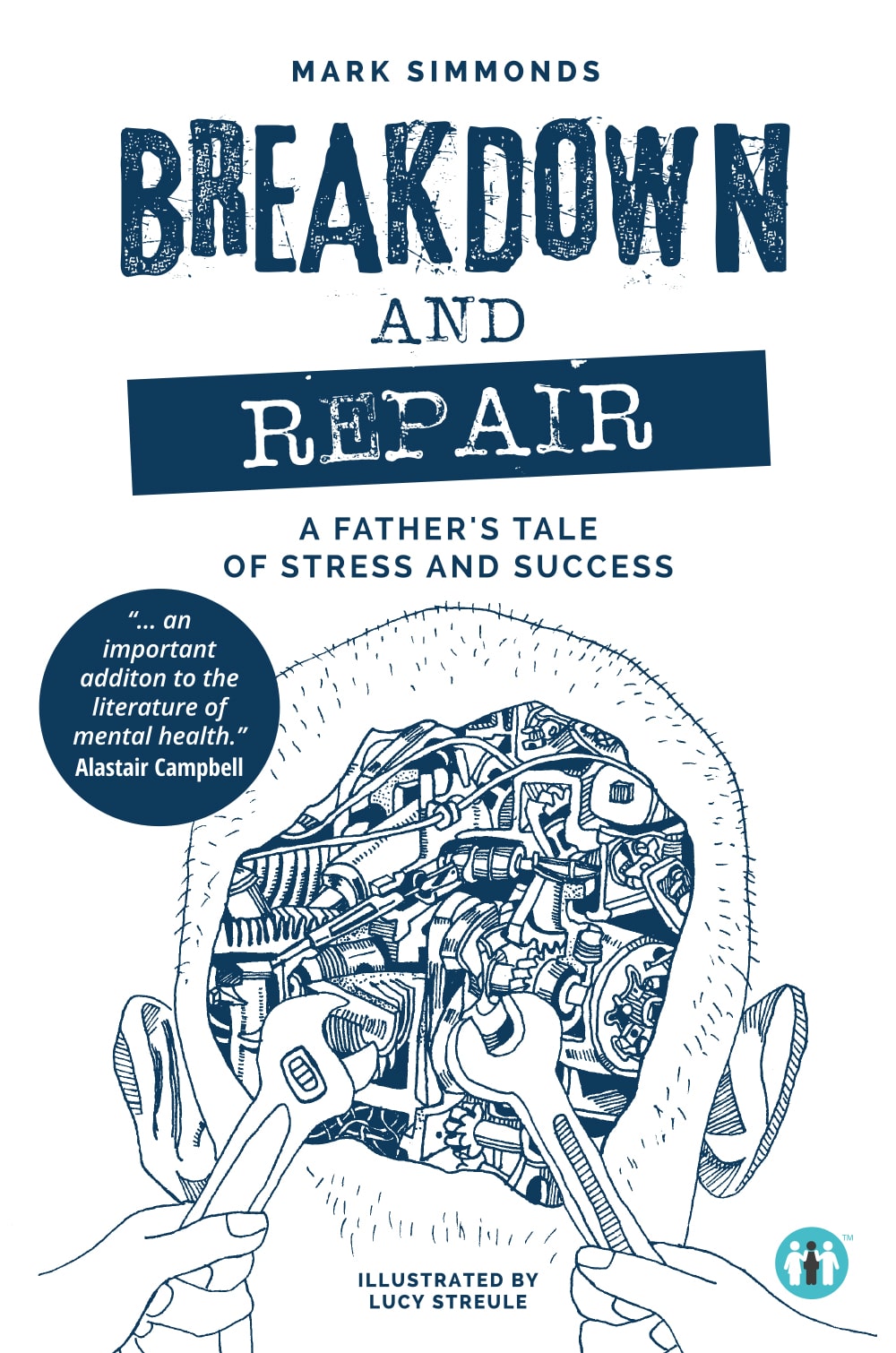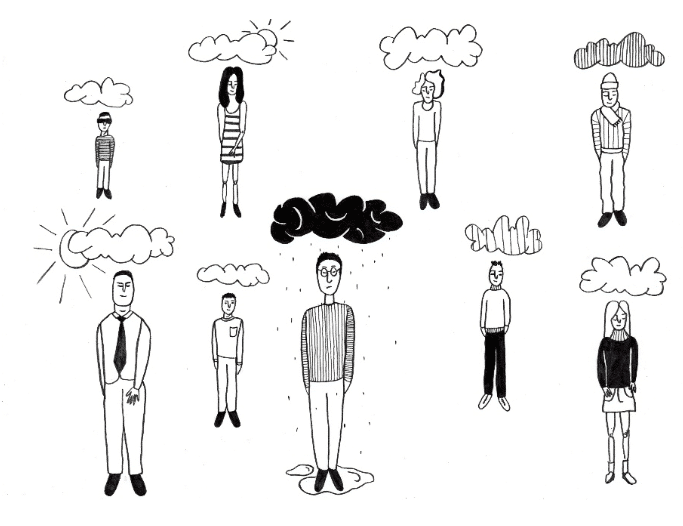Mental health worries at work: how to tell people you have problems
Mental Health
How to come out of the mental health closet - and why you should! Author Mark Simmonds tells us how to navigate this at work.
Stress is a bit like Chinese Water Torture. You start off not feeling very much pain. Little things begin to irritate and apply pressure in different places. Drip… Nothing significant, nothing too painful, but persistent, nonetheless. Drip… drip… Soldier on, this will pass. Pressure builds, bit by bit. Drip… drip… drip… Things become more and more uncomfortable. You now feel trapped and slightly claustrophobic. Drip… drip… drip… drip… More pressure. Then one day, without warning, the flood gates open. Chinese water torture is an effective method for inflicting maximum suffering because its point of focus is the brain.
When I was 39 I came out of the ‘mental health closet’ – about six months too late. By the time I emerged my stress levels were so high they had morphed into agitated depression. This led to a dramatic mental breakdown, four months off work, and an attempt on my own life.
In hindsight, I can now see that there were clear warning signs for my breakdown. I had stopped enjoy what I was doing – entrepreneurship had become less an exciting challenge and more a painful burden. I was becoming increasingly introspective and serious with each passing day. Less joking and laughing, and more disrupted sleep patterns.
Coming out of the closet
The first person to confess your mental illness to, is you. Without doing this, the wheels of recovery won’t start. After that, your next step is to confide in a close friend or family member and seek medical advice. It could just be a temporary blip that medication or talking therapies can contain.
However if work stress is a cause of your mental ill health and it’s not showing any signs of abating, talking to your manager sooner rather than later is a priority. They have a duty of care to look after your own best interests, and nothing is more important than the protection of your ongoing mental health (including the pressure your absence might have on the business). A responsible manager will do everything to ensure you are getting the medical help you need and reduce the stress you are feeling. If this means taking a week or two off, then so be it.
Returning to work
Re-entry into the workplace after a period of sick leave should be treated in the same way as a deep-sea diver returning to the surface. A number of staged decompression stops are required to ensure that you re-integrate safely and that you don’t suffer from the equivalent of DCS, commonly known as ‘the bends’.
A mental illness, like stress, is not straightforward. You are unlikely to return to work fixed, ready and raring to go. Your illness may well have been a blip, for example an attack of stress caused by an unusually busy patch. But it might also be the result of a more fundamental problem, such as the inability to perform well under constant pressure or simply being in the wrong kind of job.
Should you come out of the closet?
If you’re debating whether to make the step out of the closet, here are four good reasons:
- It is your legal right. If someone broke their leg badly and was unable to move for two months, the conversation with their company would be a straightforward one. No questions would be asked and there would be no hesitation in giving that person the time required to recover. It should be no different with mental health. You are ill, you need treatment and you need time to recover. Period.
- It benefits everyone. Coming out of the closet sooner rather than later is good for everyone in the short term, particularly the sufferer. The quicker the bush fire is extinguished, the less likely that it will develop into an uncontrollable forest fire, and the less permanent damage there will be all round.
- It’s good for society. The more people in business that are prepared to come out of the closet, the more likely it is that others around them will feel comfortable making the same move.
Stigma around mental health still exists in the workplace. Research carried out by the Priory Group confirms that 71% of people would worry about telling their boss if they had a mental health problem.
If we are going to get the figures moving in the right direction, we need to be as clear as possible why coming out is a better option than staying in. And employees will only come out of their closets if they are stepping into a room which is both warm and welcoming.
Mark Simmonds trains major organisations in creativity, insight and innovation. He talks about his experiences with mental health both as a sufferer and as a carer in his book Breakdown and Repair and is on Instagram @mentalhealthmark

Trending

Join The Book of Man
Sign up to our daily newsletters to join the frontline of the revolution in masculinity.



















